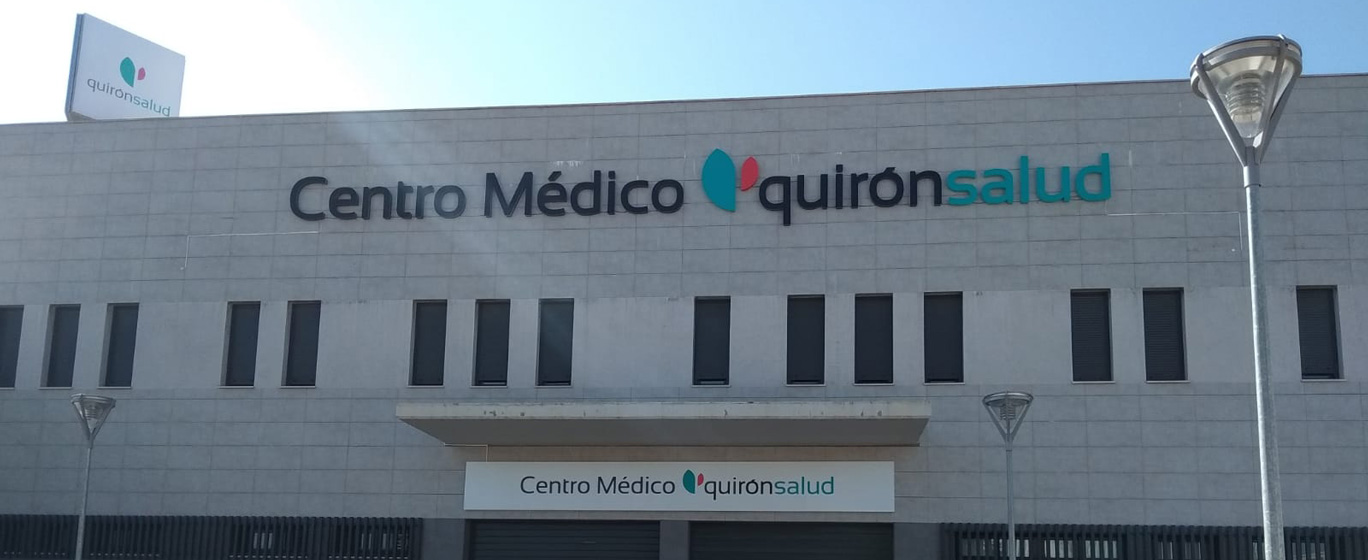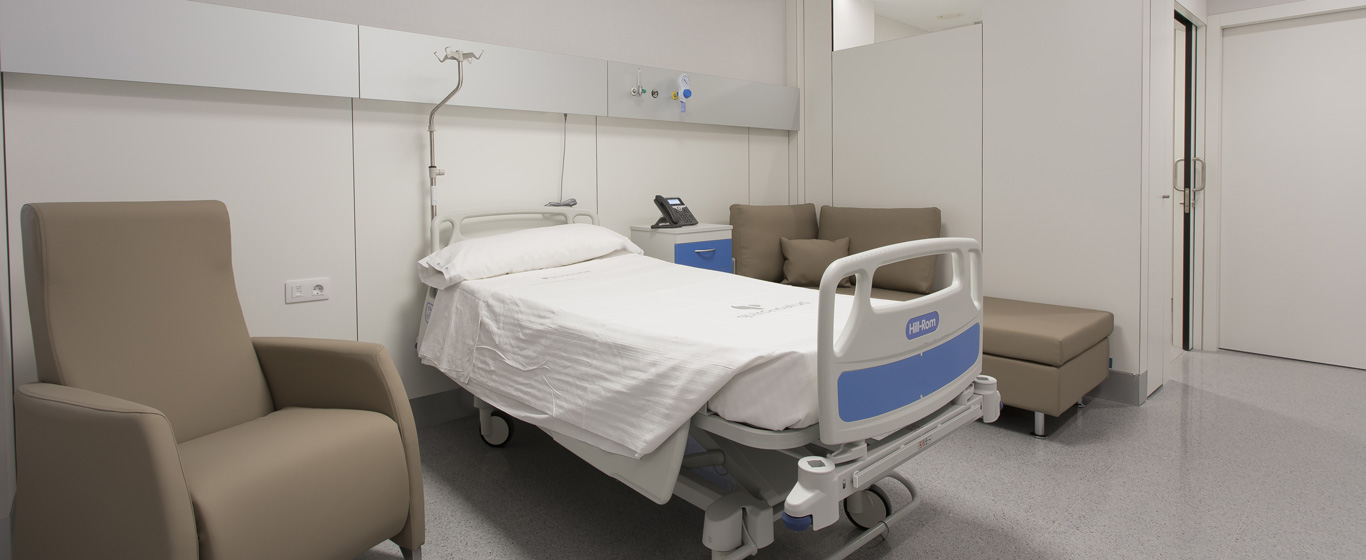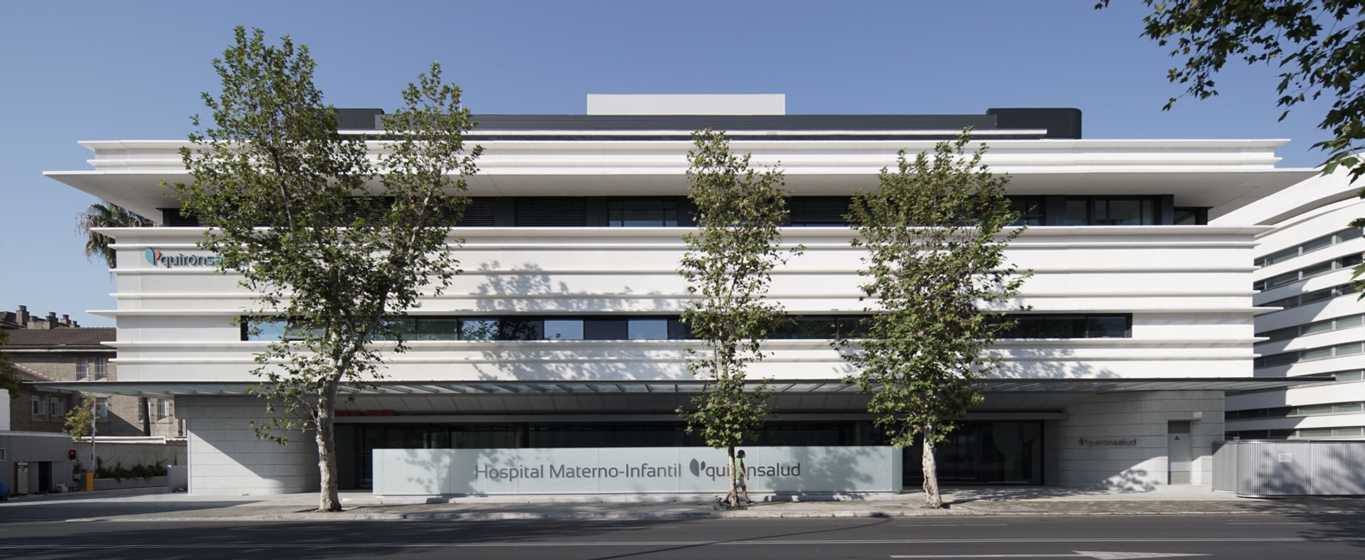Gastroenteritis
What to drink if you have a stomach virus? Learn everything about the causes, symptoms, and most effective treatments for gastroenteritis.
Symptoms and Causes
Gastroenteritis is an inflammation of the stomach and intestines that is usually caused by an infectious agent, which is why it is commonly referred to as the stomach flu. In some cases, it can be triggered by consuming contaminated water or food, as a side effect of medication, or due to food intolerances and allergies. When the digestive system becomes inflamed, its ability to regulate the secretion and absorption of water and salts is affected, leading to diarrhea.
Based on its causes, gastroenteritis can be classified into:
- Viral Gastroenteritis: Also known as stomach flu, this is one of the most common types. It lasts between three and five days and typically resolves on its own. The most common viruses causing it include rotavirus, adenovirus, and norovirus.
- Bacterial Gastroenteritis: Caused by consuming water or food contaminated with bacteria (commonly Salmonella, Shigella, Campylobacter, or Escherichia coli). Depending on the infectious agent, antibiotic treatment may be necessary.
- Parasitic Gastroenteritis: Less common than viral or bacterial gastroenteritis, this type occurs due to the presence of parasites in the intestine.
- Non-Infectious Gastroenteritis: This type is usually related to the consumption of certain medications, food intolerances or allergies, or chronic diseases such as celiac disease or Crohn’s disease.
Symptoms
The symptoms of gastroenteritis are usually easy to identify. Some of the most notable include:
- Watery diarrhea
- Nausea, which may be accompanied by vomiting
- Abdominal pain and cramps
- Muscle pain
- Low-grade fever
Causes
The causes of infectious gastroenteritis include viruses, bacteria, or parasites. When gastroenteritis is non-infectious, it is often linked to prolonged use of antimicrobial, anti-inflammatory, antipyretic, or analgesic medications, or to underlying intestinal conditions such as Crohn’s disease or celiac disease.
Risk Factors
Gastroenteritis can affect anyone, but some groups are more susceptible, including:
- Young children who are in close contact with other children at daycare, as their immune systems are still developing.
- School-aged children, since communal environments increase the likelihood of contagion.
- People with weakened immune systems due to old age, other illnesses, or medical treatments.
- Residents of areas with poor hygiene, limited access to clean water, or inadequate sanitation systems.
Complications
Although rare, the main complication of gastroenteritis is dehydration. If lost fluids and electrolytes are not properly replenished, symptoms such as weakness, muscle cramps, dizziness, headaches, dry mouth, or fatigue may develop.
Prevention
The best ways to prevent gastroenteritis include:
- Avoiding direct contact with infected individuals.
- Practicing good hygiene, especially thorough handwashing, which is crucial when living with someone who has gastroenteritis or after using the restroom.
- Washing food before cooking.
- Getting vaccinated against rotavirus. In Spain, it is recommended to administer two or three doses before six months of age, although the vaccine is not yet covered by the public healthcare system.
What type of doctor treats gastroenteritis?
Gastroenteritis is diagnosed and treated by general practitioners, pediatricians, and gastroenterology specialists.
Diagnosis
Gastroenteritis is diagnosed by evaluating symptoms and conducting a physical examination of the patient. Additional tests are usually unnecessary. However, if symptoms persist longer than expected, stool tests may be ordered to identify the causative agent.
Treatment
In most cases, gastroenteritis resolves without the need for medication. Patients typically recover with relative rest and proper hydration. Diet adjustments are recommended until the intestine has fully recovered. It is advisable to:
- Avoid dairy products, green vegetables, sweets, sugary drinks, and caffeinated beverages.
- Refrain from consuming raw fruits and vegetables.
- Eat rice, carrots, and potatoes, which may help shorten the illness.
- Consume toast, baked apples, ripe bananas, herbal teas, eggs, and grilled or boiled white fish or poultry.
- Include low-sodium oral rehydration solutions to replace lost fluids and electrolytes.
In some cases, antibiotic treatment may be required.


































































































